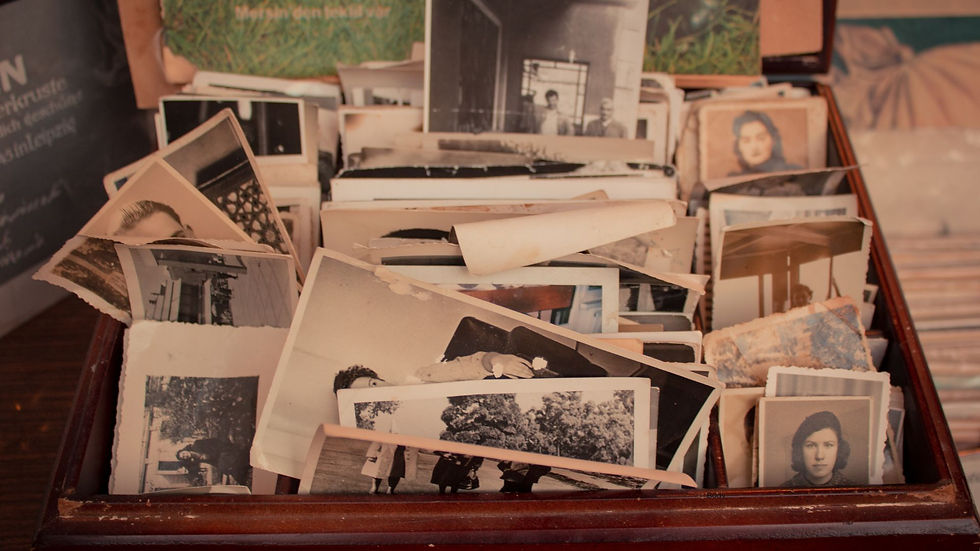Nostalgic Depression: When the Past Feels Too Heavy
- Wise Psychic Counsellor
- Aug 6, 2025
- 2 min read

Taking a stroll down memory lane can feel heartwarming, bringing to life old friendships, simpler days, or treasured milestones. But for many, those same reflections can trigger sadness, discontent, or a longing for what once was—leading to what experts describe as nostalgic depression.
While nostalgia is often thought of as a comforting emotion, its effect depends heavily on your current state of mind and life circumstances. If you’re facing challenges in the present, the past may feel not just far away, but painfully out of reach.
What Is Nostalgic Depression?
Although not a clinical diagnosis, nostalgic depression refers to emotional distress—such as sadness, regret, or longing—triggered by memories of the past. It’s especially likely to arise in times of adversity: financial hardship, divorce, grief, or other major life disruptions.
When the present feels unstable or unsatisfying, we may romanticise the past and ruminate on what we’ve lost, fostering hopelessness and deep emotional disconnection.
Who Is More Vulnerable?
Certain groups may be more susceptible to nostalgic depression:
Those with a tendency to worry or anticipate future loss (anticipatory nostalgia)
People experiencing chronic loneliness
Individuals navigating significant life changes
Those from low-income backgrounds, who may associate the past with better emotional stability
Symptoms of Nostalgic Depression
Persistent sadness or regret
Loss of interest in present-day activities
Loneliness and social withdrawal
Hopelessness or emotional disconnection
Fixation on past memories, often to the exclusion of current responsibilities
The Flip Side: When Nostalgia Is Helpful
Not all nostalgia is harmful. When shared or reflected upon with balance, it can:
Improve mood and provide comfort
Enhance connection with others
Strengthen personal identity and meaning
Inspire courage through past resilience
Motivate present-day growth
A 2022 study published in Emotion found that nostalgic reflection over a period of three weeks increased well-being by reinforcing social bonds and a sense of life continuity.
How to Cope With Nostalgic Depression
Reach out to others – Talk to loved ones who were part of meaningful moments in your life. Sharing nostalgia fosters belonging and optimism.
Extract the lessons – Use memories of past resilience to remind yourself of your strength and capacity to overcome hardship.
Shift your focus – Direct nostalgic reflections to people and memories that are still part of your present life to spark joy and reconnection.
Seek professional help – If sadness persists, a trained therapist can help you understand what you’re truly yearning for and how to regain emotional balance.
About Wise Psychic Counselling
Wise Psychic Counselling offers compassionate and insightful guidance to support your mental and emotional well-being. Our experienced team combines psychological expertise with intuitive wisdom to provide tailored counselling that helps you navigate life’s challenges, enhance personal growth, and find inner peace. Whether you're seeking clarity, support, or a deeper understanding of yourself, we're here to help you achieve a balanced and fulfilling life.
📞 Ready to take the next step? Book a session with our expert counsellors today to explore personalised support and guidance tailored to your needs.




Comments